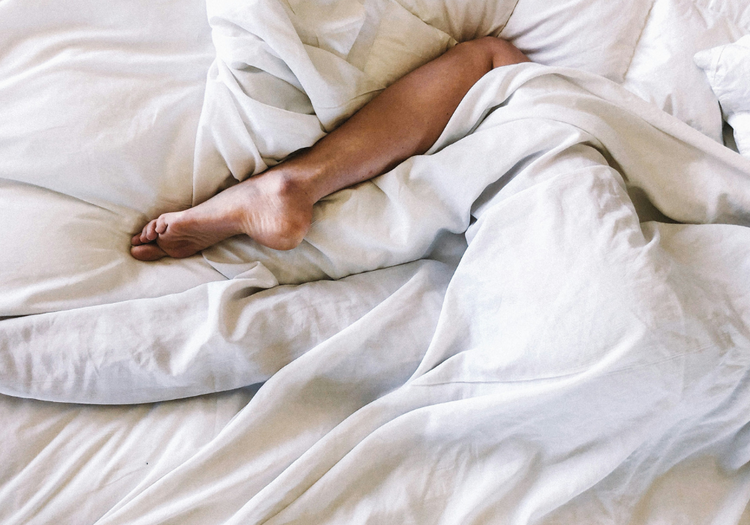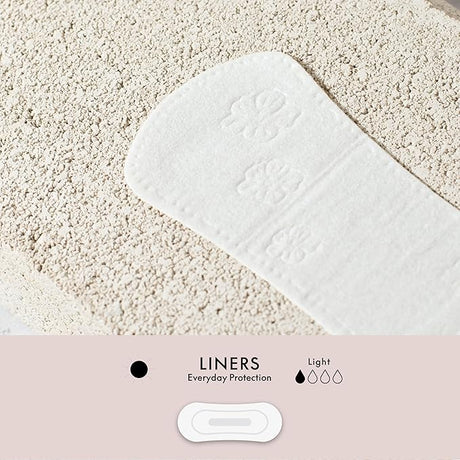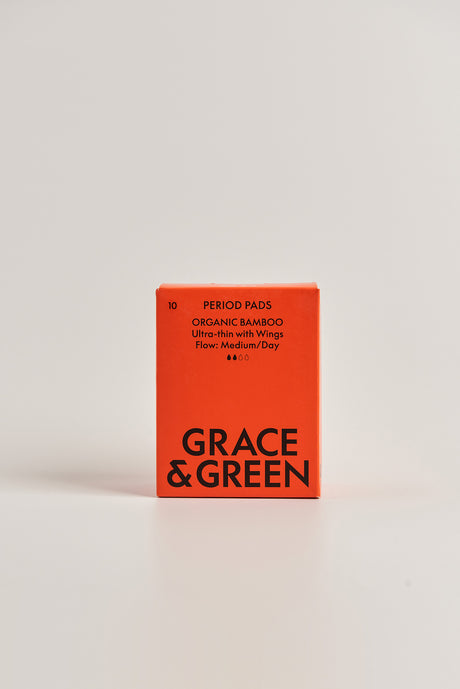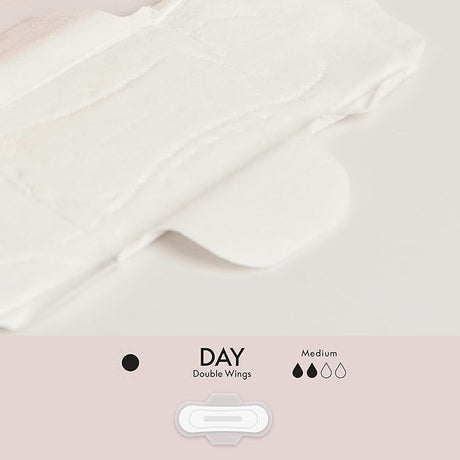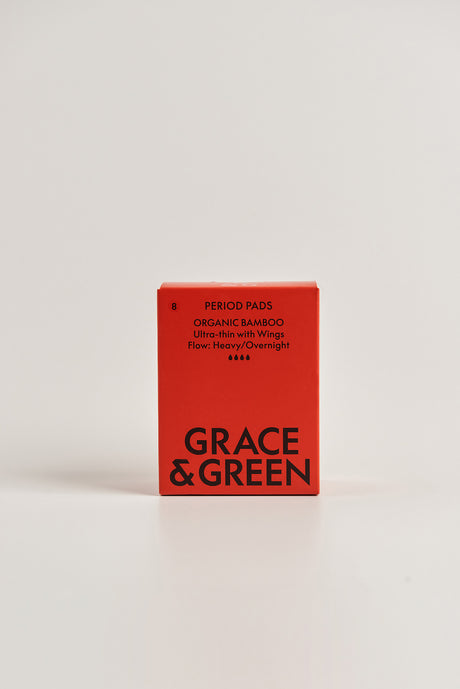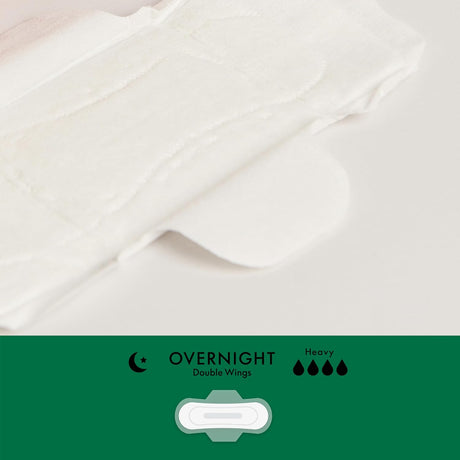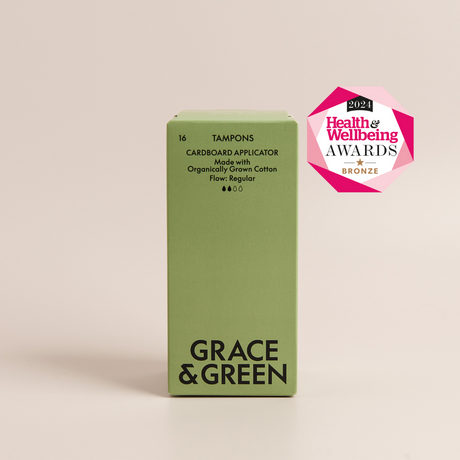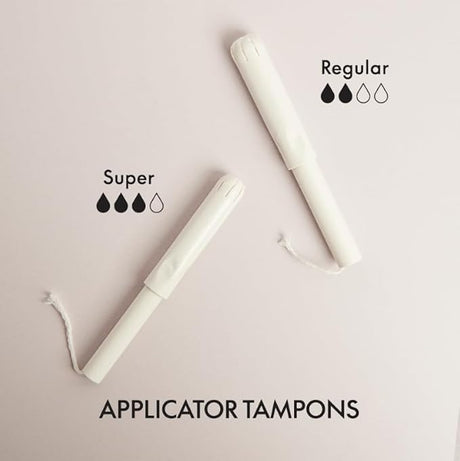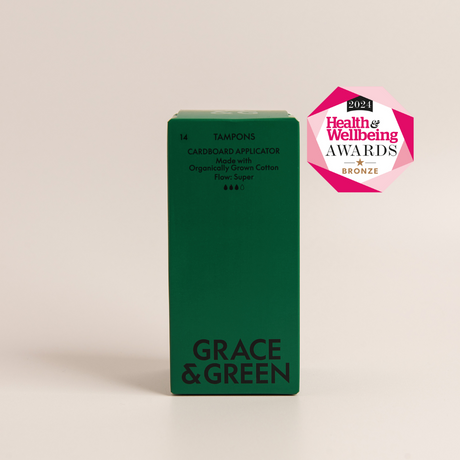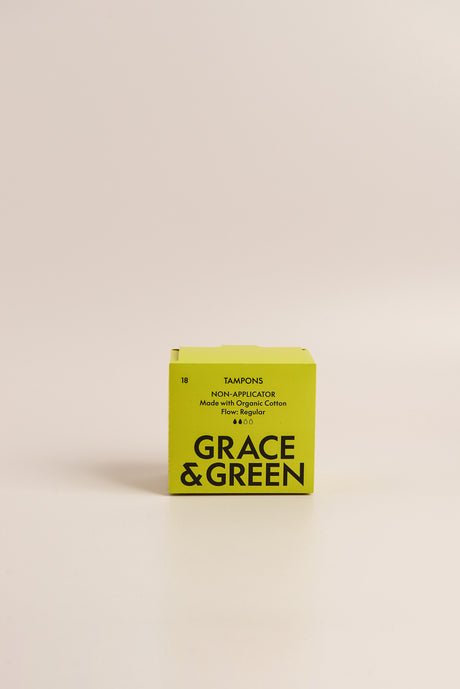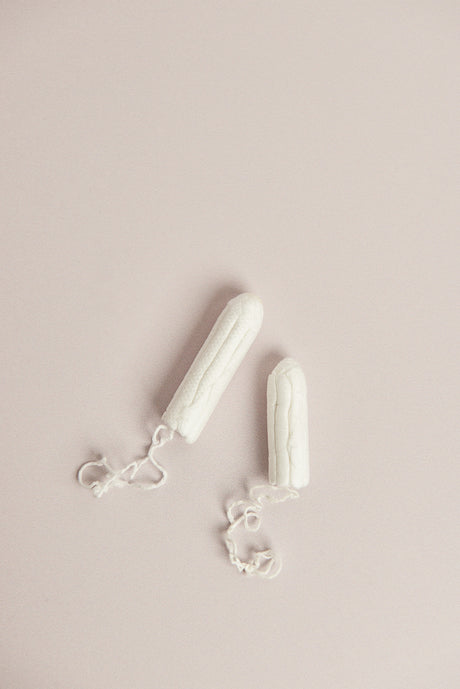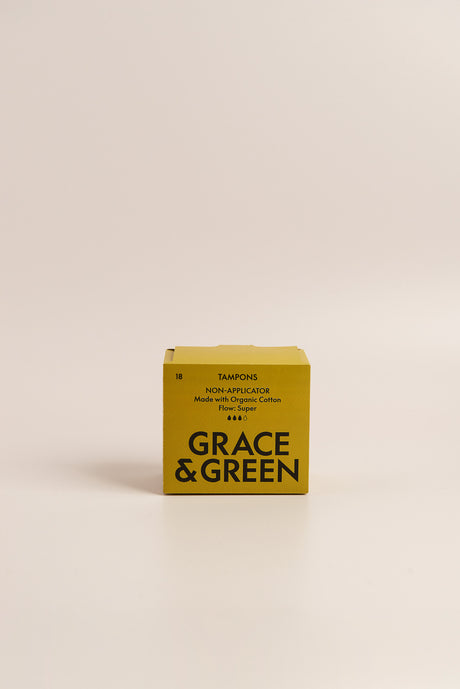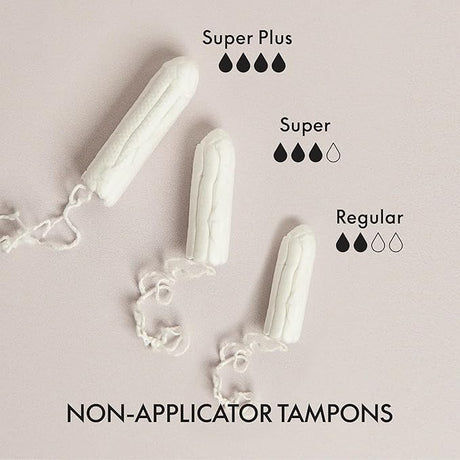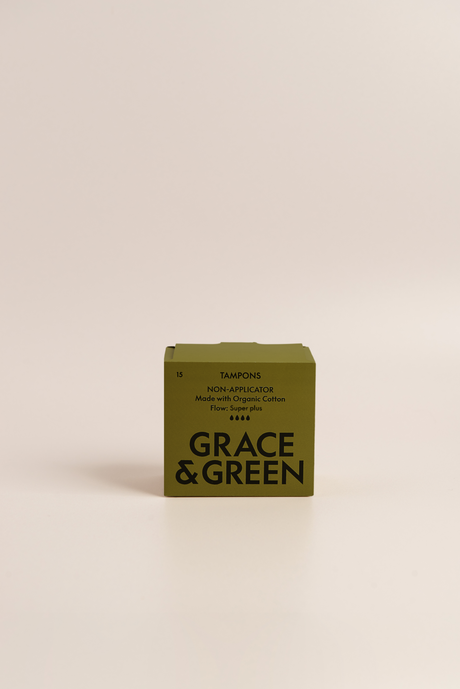Sometimes we feel like it and sometimes we just don’t: have you ever wondered why your sex drive changes throughout the month? Sure, many different factors like stress, moods, relationship status, or exercise can affect your libido. But hormones related to your menstrual cycle also play a big role in how you feel about sex!
Depending on which phase of our menstrual cycle we’re in, sex can feel more or less pleasurable or even be experienced differently. However, it’s important to note that everyone’s body is different and that there is no such thing as a “normal” sex drive.
Tracking your menstrual cycle, however, can give you an insight to better understand your body’s changes, desires and patterns.
In this article, we’ll explore how your sex hormones and menstrual cycle can affect your sex drive.
But first, let us explain some of the hormones in your body.
Glossary
Oestrogen: is one of the main female sex hormones and produced by a growing follicle (egg) in your ovary. It also impacts your libido and metabolism.
Testosterone: typically thought of as a male hormone, testosterone is also produced in the ovaries and supports your libido, muscle mass, and energy.
Progesterone: is a sexual hormone that helps regulate your cycle. Its main job is to prepare for a fertilized egg and get your uterus ready for pregnancy. If there is no fertilized egg, progesterone levels drop and menstruation begins.
Luteinizing hormone (LH): a hormone produced in the brain that causes the release of an egg from the ovary (ovulation).
Follicular stimulating hormone (FSH): a hormone produced during your period that tells the ovaries to prepare an egg for ovulation.
Menstrual Phase (days 1-6)
What’s happening to your hormones?
LH, progesterone, oestrogen, and testosterone are at their lowest levels, resulting in less sexual desire. FSH begins to rise, preparing the body for a new cycle.How this can affect your sex drive:
Even though your chances of getting pregnant are very low, you may either feel super horny caused by a drop in progesterone levels OR feel like not having sex at all (fatigue, pain, nausea, the idea of blood). It completely depends on your personal preferences and/or mood.
Follicular Phase (days 7-13)
What’s happening to your hormones?
Now oestrogen and testosterone levels begin to rise and are higher than progesterone levels. Towards the end of this phase, luteinizing hormone (LH) increases.
How this can affect your sex drive:
You’re likely to feel more confident, energetic and flirty – and most likely more turned on too. And the closer you get to ovulation, when you’re most likely to get pregnant, the more sex drive you may feel.
Ovulation Phase (~day 14)
What’s happening to your hormones?
Your progesterone is low and your oestrogen and testosterone levels are at their peak!
How this can affect your sex drive:
Sexy times! Mother Nature is smart: since you’re most fertile during this time, you’re also most likely to feel like having sex. You may masturbate more, have more sexual fantasies, experience touch more sensually and orgasms more intensely.
Luteal phase (Days 15-28)
What’s happening to your hormones?
After ovulation, there’s an increase in progesterone, which then peaks about midway and drops off if pregnancy doesn’t occur. Oestrogen rises slightly before dropping again, and LH, FSH, and testosterone continue to drop.
How this can affect your sex drive:
Once ovulation is over, you may notice a dip in your sex drive. Especially with PMS symptoms, which affect your energy, mood, and body image. Progesterone can also make you more moody, stressed, and anxious.
So what do you think, did this article help you better understand your body’s desires during your menstrual cycle? Then share it with friends!
Sources
- https://flo.health/menstrual-cycle/sex/sexual-health/sex-and-menstrual-cycle-are-they-connected
- https://cycles.app/articles/sex-relationships/how-your-cycle-affects-your-sex-drive
- https://www.bloodandmilk.com/heres-how-the-four-phases-of-the-menstrual-cycle-may-affect-your-sex-life/
- https://www.naturalcycles.com/cyclematters/what-is-libido
- https://www.medicalnewstoday.com/articles/why-am-i-hornier-at-certain-times-of-the-month
- https://www.healthdirect.gov.au/oestrogen#:~:text=Oestrogen%20is%20one%20of%20the,puberty
- https://www.healthline.com/health/womens-health/low-progesterone

